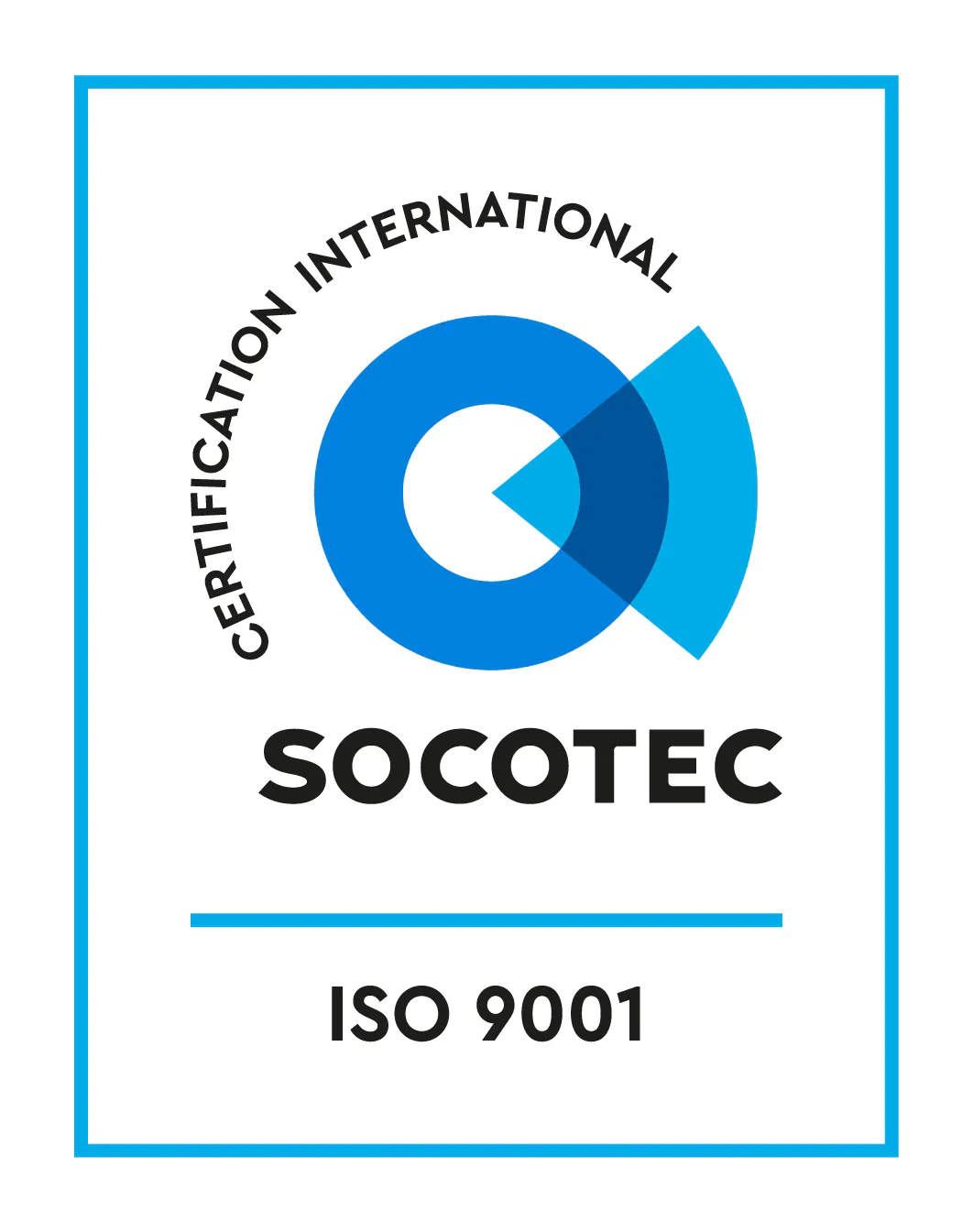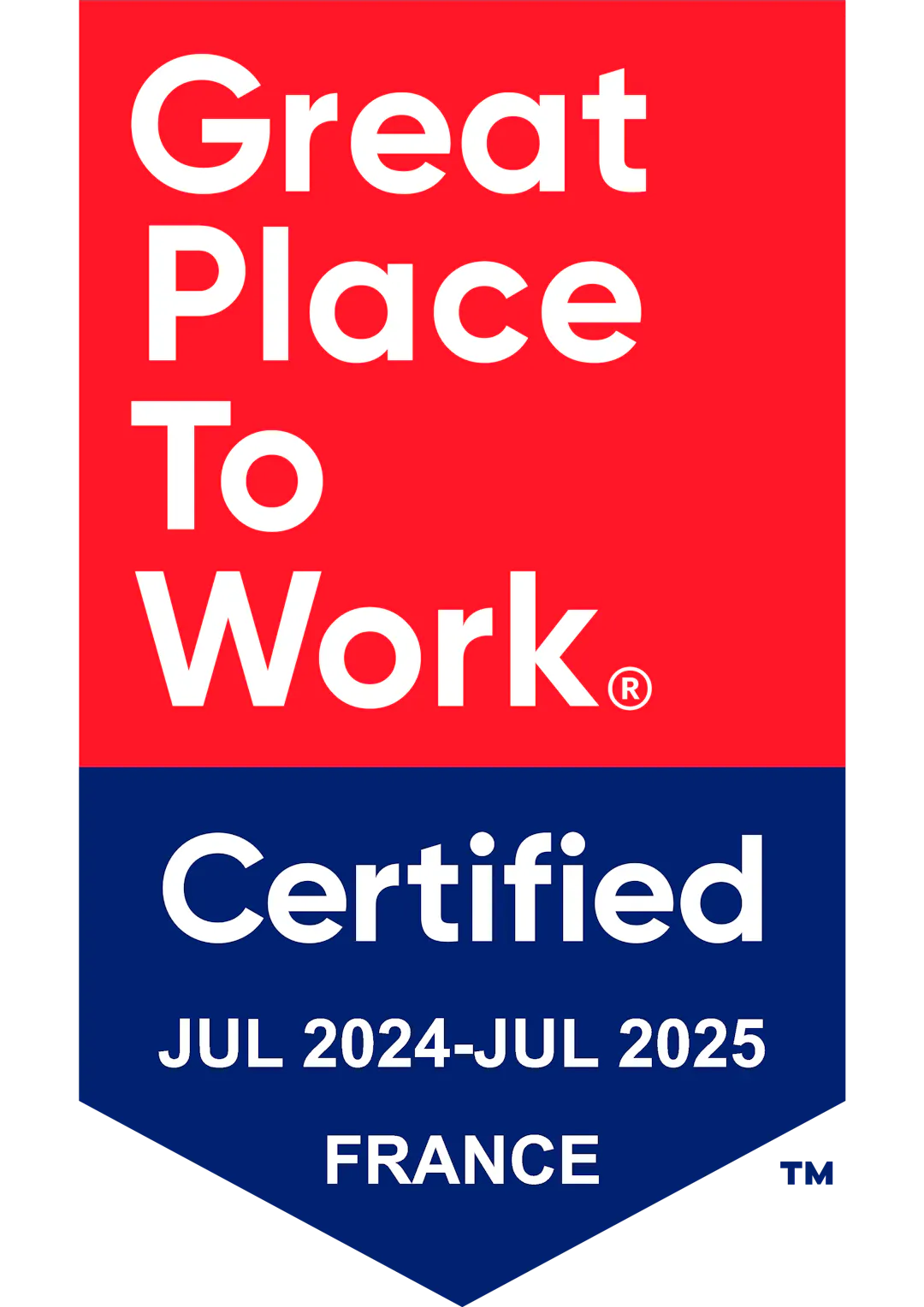Nous avons eu le plaisir d’échanger avec M. Elliot Romano, scientifique senior à l’Institut des sciences de l’environnement de l’Université de Genève, à propos de son étude publiée dans la revue Energy Economics (Lien).
Cette étude utilise le puissant logiciel Antares Simulator développé par RTE, qui permet de simuler l’équilibre entre l’offre et la demande d’électricité tout en considérant la performance économique des moyens de production, et les contraintes induites par des systèmes électriques interconnectés.
Romano et son équipe ont ainsi exploré l’impact des choix énergétiques d’un pays sur les autres membres du système électrique européen. En utilisant Antares, ils ont développé une méthodologie innovante pour analyser les répercussions d’un pays sur les autres en termes de prix et d’émissions de CO2. Leur étude se base sur une des trajectoires possibles de décarbonisation de la production d’électricité au sein de l’UE.
Cette interview nous permet de découvrir les objectifs de l’étude, les principales conclusions, et comment Antares a été essentiel pour mener à bien cette recherche.
Pouvez-vous nous expliquer en quoi consistait l’étude que vous avez menée avec le logiciel Antares ?
Notre étude s’est penchée sur l’impact des choix énergétiques d’un pays en matière de production d’électricité sur les autres pays du système électrique européen. Nous avons examiné les répercussions réciproques en termes de prix et d’émissions de CO2 associées aux choix et aux modifications des mix de production. Notre étude s’est ainsi focalisée sur l’une des trajectoires de décarbonisation envisagées pour les pays de l’UE, telles que définies dans les études TYNDP de l’ENTSO-E, afin d’évaluer les répercussions. A notre connaissance, il s’agit d’une des premières études à examiner les répercussions mutuelles des choix de mix électriques des pays européens.
Quels étaient les objectifs principaux de cette étude ?
Notre objectif principal était de concevoir une méthodologie permettant d’évaluer et de comparer les répercussions des décisions concernant le mix électrique d’un pays sur les autres. En nous appuyant sur Antares et en utilisant une base de données exhaustive comprenant les centrales de production, les demandes et les prévisions des coûts des combustibles, nous avons élaboré une méthodologie qui offre la possibilité d’analyser notamment les effets liés au développement de la production d’électricité bas carbone d’un pays sur ses voisins.
Comment le logiciel Antares a-t-il été utilisé dans le cadre de cette étude ?
Antares est le pilier de notre méthodologie. Dans un premier temps, nous avons utilisé ce logiciel pour modéliser le fonctionnement du système électrique européen. Dans cette phase initiale, nous avons déterminé le programme optimal des centrales électriques dans chaque pays, les échanges d’électricité nécessaires pour équilibrer la charge globale du système, ainsi que le prix d’équilibre pour chaque pays. Ensuite, dans une seconde phase, nous avons exclu chaque pays du système de manière successive afin d’étudier l’impact de son absence sur le reste du système électrique européen. Cela nous a permis d’évaluer les effets induits par un pays en termes d’émissions et de prix à une granularité horaire.
Quelles ont été les principales conclusions ou découvertes de votre étude ?
L’étude met en évidence l’impact d’un pays sur les prix de l’électricité chez ses voisins, ainsi que sur les émissions de CO2 induites ou évitées par le biais des importations ou des exportations. La France occupe ainsi une place cruciale en raison de ses exportations, qui influent sur les prix dans les pays voisins, et contribuent à réduire les émissions de CO2. En revanche, nous avons constaté que l’Allemagne pourrait compromettre les efforts de décarbonisation dans certains pays en exportant une partie de son électricité produite à partir de combustibles fossiles, motivée par des incitations économiques. Par conséquent, cette production peut remplacer une production domestique plus propre dans certains pays, surtout lorsque l’électricité exportée issue de technologies fossiles bénéficie d’un avantage économique en raison de faibles prix des droits d’émissions ou de subventions aux combustibles fossiles. Ce phénomène est encore plus marqué lorsque les prix du gaz sont élevés.
En quoi les résultats de cette étude sont-ils significatifs ou pertinents pour votre domaine d’activité ?
Le laboratoire de recherche Urban Energy System (Laboratoire fédéral d’essai des matériaux et de recherche – EMPA), auquel je suis affilié, a participé activement à l’étude menée par la VSE/AES (Association des Électriciens Suisse) sur l’Avenir Énergétique de la Suisse en 2050. L’objectif était de garantir un approvisionnement électrique sûr et à faible émission de carbone pour le pays. Le modèle développé avec Antares a été utilisé pour fournir des données clés à cette étude. Par ailleurs, à l’Université de Genève, des modèles prospectifs sur l’évolution des mix énergétiques européens jusqu’en 2050 sont utilisés pour nourrir les réflexions sur la transition énergétique à l’échelle nationale ou cantonale.
Y a-t-il des aspects spécifiques du logiciel Antares que vous avez trouvé particulièrement utiles ou innovants dans le cadre de cette étude ?
La convivialité du logiciel Antares, combinée à son interaction avec R, nous a facilité la réalisation de l’étude et l’automatisation de nombreuses analyses récurrentes. Étant développé par l’industrie électrique, le logiciel Antares intègre toutes les fonctionnalités et paramètres nécessaires à une modélisation complète du système électrique. De plus, nous avons eu la possibilité de compter sur l’équipe de support qui ont répondus rapidement à nos questions. Finalement, en complément du logiciel Antares, nous avons eu l’opportunité de tester l’extension Antares Xpansion, qui permet d’effectuer des études sur les besoins en expansion du système électrique.
Cet échange avec Monsieur Elliot Romano s’est avéré particulièrement enrichissant. Grâce à son expérience, nous avons pu approfondir notre compréhension des enjeux liés à l’utilisation du logiciel Antares Simulator. Son regard de scientifique a apporté une dimension unique et précieuse à son argumentation.





